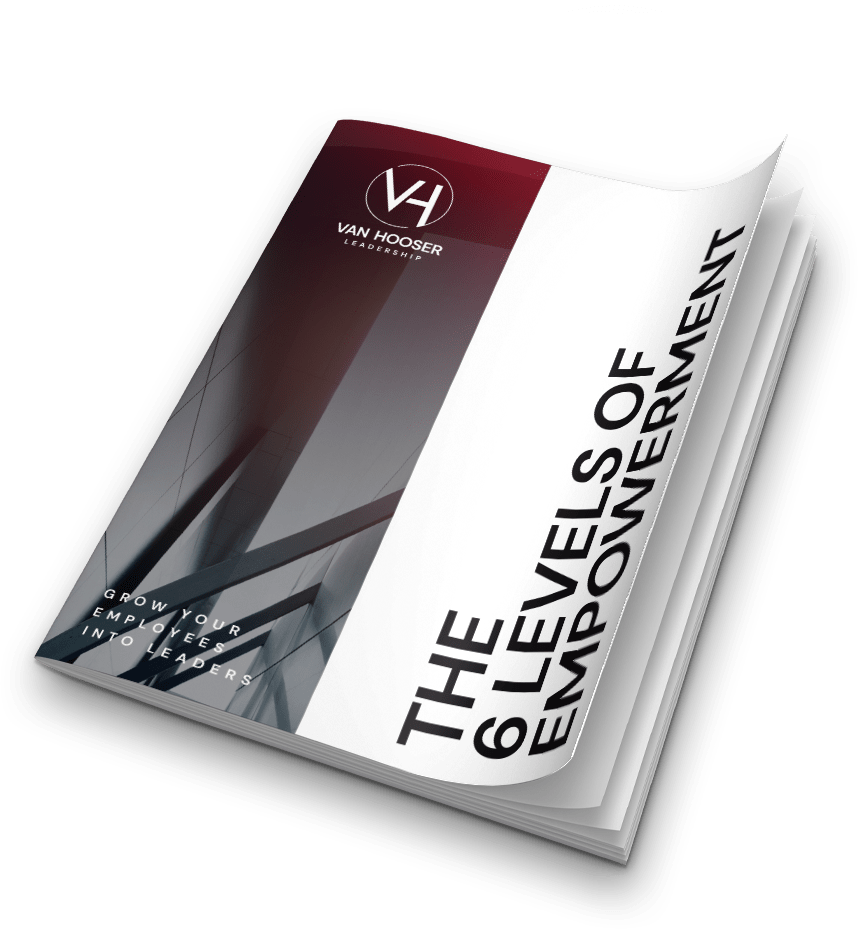There’s a note written on a map hanging above my desk. The familiar quote reads: “Hope is NOT a strategy.” The note hangs there, prominently displayed. And serves as my constant reminder that as a leader, I can’t afford to simply “wait” and “hope” good things happen. It is the responsibility of any proactive leader to “plan” and “work” to make sure good things happen. So let’s explore the importance of strategic plans for leadership effectiveness.
Get our leadership blog by email + get a bonus welcome gift.
When was the last time you focused on your strategic plans? It’s unfortunate, but too few professionals ever seem to find the time. And fewer still seem inclined to systematically plan their personal leadership strategy or the activities necessary to make that strategy a reality.
Non-Planners Are Easy to Spot
Those with no strategic plans among us are easy to spot. They reveal their shortcomings through statements like these.
“Well, I guess we’ll just have to wait and see.”
Or: “Don’t worry, time will tell.”
But this is my personal favorite: “We’ll just cross that bridge when we get to it!”
Don’t be lured into such short-sighted thinking. Simple-minded statements such as these are comfortable cop outs. And they are completely unsuitable and inappropriate the conscientious leader.
The fact is we don’t have to “wait and see.” Instead, we can make strategic plans to get us where we want to be.
Yes, “time will tell.” It will tell if we planned our work and worked our strategic plans effectively.
Finally, we certainly will “cross certain bridges” along the route of our professional journey. But the wisest leaders plan their routes carefully. They work to anticipate and avoid as many of the unnecessary obstacles and detours along the way, as possible.
Hoper or Planner?
So what about you? It’s honesty check time. Are you a “planner” or a “hoper”?
If you recognize a need to be more intentional in your strategic planning, I have two commonsense ideas for you to consider.
First, have you established a crystal clear perspective for your strategic plans? Perspective is attained by knowing what’s to be done; by whom and when completion can be expected. Really! It’s that simple.
Make Strategic Plans for This
Every organization needs rock solid plans for:
- productivity and profitability
- resource allocation
- organizational culture
- and social responsibility
Likewise, every individual leader can benefit from plans for:
- physical and emotional health and well-being
- financial stability
- professional acuity
- and spiritual significance
So, there’s no lack of options. And it’s not really that hard to plan. Once you know what needs to be planned, the most difficult part is just getting started. So, commit to get started today.
Progress vs Plan
Second, once your plans are in place, establish a system for tracking your performance progress regularly. I suggest at least weekly. Planning should never be an end unto itself. Planning is done so that performance can be enhanced. And to make sure you’re making progress, never forget that old management axiom:
“That which gets measured gets done!”
So dust off your notes and materials from all those past classes and seminars you’ve attended. Yes, the ones you never got around to doing anything with.
Design a chart, initiate a log, develop a checklist or conduct inspections. Whatever tool you choose, put it to use measuring your progress against your plan. Observable progress tends to stimulate continued activity.
Now… it’s time to get started working your plan!
Does Your Team Need Help Planning + Executing? Let’s Talk How to Do It Better.
#hopeisnotastrategy #strategicplans #strategicplanning #workyourplan #planyourwork










